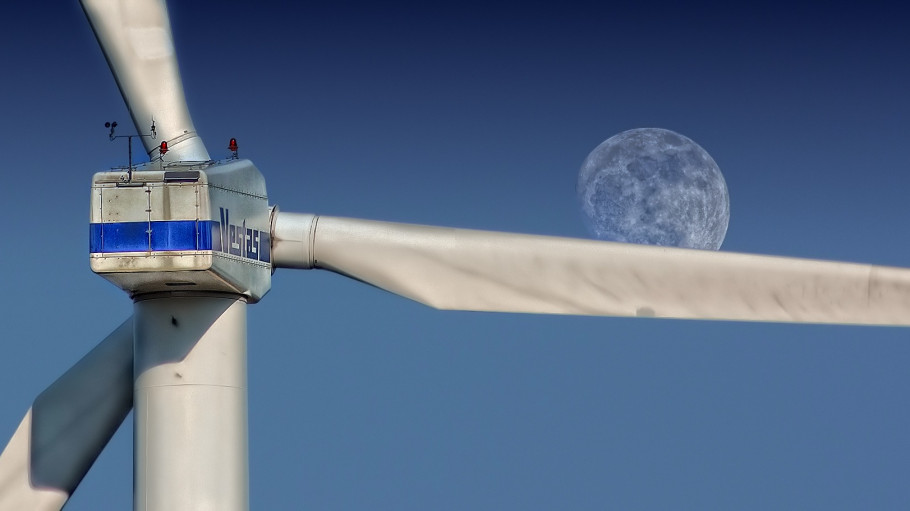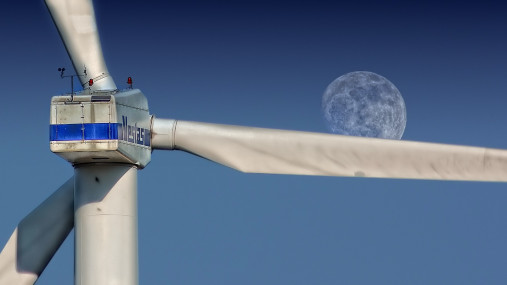
Publications » Position papers » Revision of the Climate, Energy and Environmental Aid Guidelines (CEEAG)
Revision of the Climate, Energy and Environmental Aid Guidelines (CEEAG)
Downloads and links
Recent updates

The Commission’s public consultation on the revised Climate, Energy and Environmental Aid Guidelines (CEEAG) offers s the basis for a thorough debate around the legislative framework that is necessary for a successful transformation of the EU economy towards climate neutrality.
European steel companies are already developing major emission reduction technologies and are willing to continue to accelerate this work in order to fulfil this objective. Such a major transformation of the sector will require significant investment in the new technologies while the sector needs to remain competitive throughout the entire transition and beyond. Furthermore, external factors not directly controlled by the sector (most importantly, access to competitive low carbon energy/electricity and feedstock) will play a crucial role.
The current Commission’s draft proposal on the CEEAG contains elements that may hinder the steel sector’s competitiveness by unduly increasing energy costs, as well as its transition towards electricity-based technologies. In particular, EUROFER underlines the need for revised state aid rules covering the full abatement costs of the new low-carbon processes for those sectors including steel that are the most exposed to international competition. Carbon pricing policies alone such as ETS don’t offer enough protection for counterbalancing carbon leakage-related problems.
Therefore, we need – as soon as possible – a comprehensive policy framework that preserves the competitiveness of the sector and creates the conditions for fostering the necessary investment.

Download this publication or visit associated links
Brussels, 20 February 2026 – EU steel exports to the United States fell by 30% in the second half of 2025 compared to the same period in 2024, after the imposition of 50% tariffs according to new Eurostat data. The expansion of the U.S. tariff regime to include downstream steel-intensive products, such as machinery and equipment, is expected to amplify its impact on both EU steel producers and their customers. The European Steel Association (EUROFER) said the figures underscore the need for any EU-US trade agreement to be fair, balanced and enforceable.
Joint Industry Statement
Brussels, 11 February 2026 - The European Steel Association (EUROFER) has backed a call to action adopted by European companies and industries in Antwerp today, which includes a demand on the EU to take urgent action to bring electricity prices down as a condition for Europe’s industrial drive, competitiveness and economic resilience.